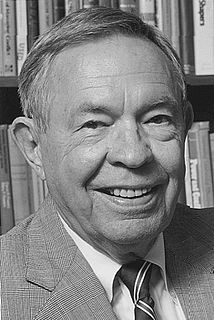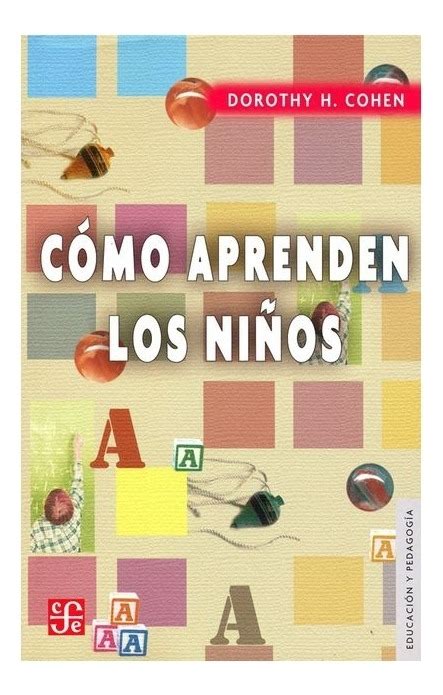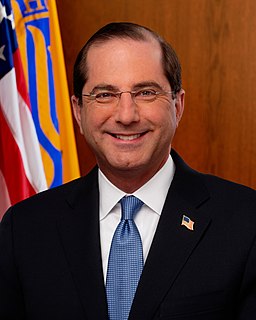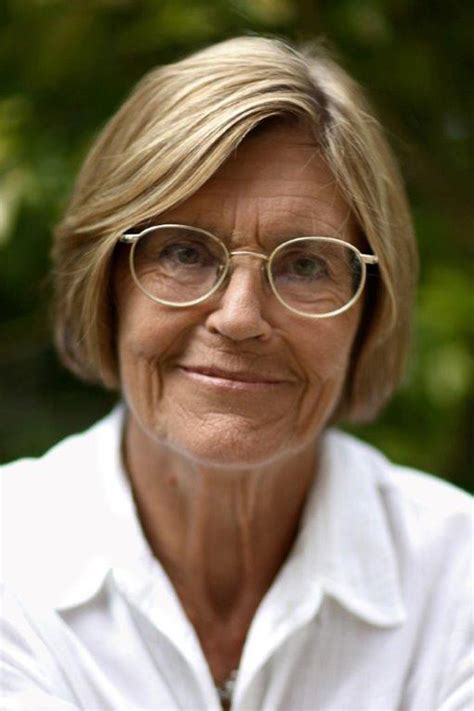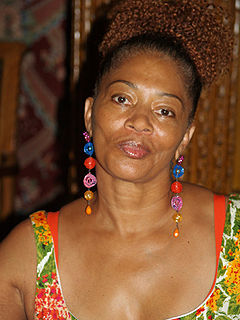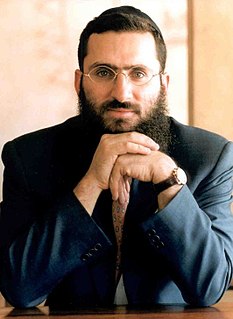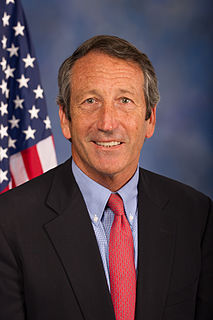Top 1200 Children And Parents Quotes & Sayings
Explore popular Children And Parents quotes.
Last updated on April 14, 2025.
Every piece of remotely responsible research that has been done in the last 20 years on this issue has shown there is no difference between children who are raised by same-sex parents and children who are raised by opposite-sex parents. What matters is that children are being raised in a stable, loving environment.
Modern children were considerably less innocent than parents and the larger society supposed, and postmodern children are less competent than their parents and the society as a whole would like to believe. . . . The perception of childhood competence has shifted much of the responsibility for child protection and security from parents and society to children themselves.
An adolescent does not rebel against her parents. She rebels against their power. If parents would rely less on power and more on nonpower methods to influence their children from infancy on, there would be little for children to rebel against when they become adolescents. The use of power to change the behavior of children, then, has this severe limitation: parents inevitably run out of power, and sooner than they think.
There are many things children accept as "grown-up things" over when they have no control and for which they have no responsibility--for instance, weddings, having babies, buying houses, and driving cars. Parents who are separating really need to help their children put divorce on that grown-up list, so that children do not see themselves as the cause of their parents' decision to live apart.
Despite the long-term reduction in familial roles and functions, we believe that parents are still the world's greatest experts about the needs of their own children. Virtually any private or public program that supports parents, effectively supports children. This principle of supporting family vitality seems to us preferable to any policy that would have the state provide children directly with what it thinks they need.
Nevertheless, no school can work well for children if parents and teachers do not act in partnership on behalf of the children's best interests. Parents have every right to understand what is happening to their children at school, and teachers have the responsibility to share that information without prejudicial judgment.... Such communication, which can only be in a child's interest, is not possible without mutual trust between parent and teacher.
Are we not witnessing a situation where children are conciously rejecting their parents' value despite love and devotion given to them? The present situation has arisen because parents have failed to transmit a sustaining faith to their children. The basic reason for this failure is that the parents themselves lacked faith. Without faith, their love was an image not a reality, a statement of words not an expression of feelings
What I have most learned from my son is to respect him and to love him unconditionally. I believe that if parents respect their children and educate them with love and justice (and not just with words, but with their own behavior) the relationship with their children will be wonderful. Then parents will always be proud of their children, and children will always be proud of their parents. There will be peace in the family, and the home will be a sanctuary.
There are great parents of small children - they keep their little hair in bows - but those parents are not always good parents of young adults. As soon as their children get up to some size, it's "Shut up, sit down, you talk too much, keep your distance, I'll send you to Europe!" My mom was a terrible parent of small children but a great parent of young adults. She'd talk to me as if I had some sense.
You must learn to look at people who are angry with you straight in the eye without getting angry back. When children see their parents treating them this way, they then recognize the parents' authority. It speaks louder than words. Their new respect for the parents is as good for them as it is for the parents. It never works to demand respect of children. It must be given willingly as a result of strength of good character in the parents, which is manifested by their non-reaction to stress in the children.
Adolescence is a time when children are supposed to move away from parents who are holding firm and protective behind them. When the parents disconnect, the children have no base to move away from or return to. They aren't ready to face the world alone. With divorce, adolescents feel abandoned, and they are outraged at that abandonment. They are angry at both parents for letting them down. Often they feel that their parents broke the rules and so now they can too.
To the extent that the parents who send their children to these [Catholic] schools are parents like my own, who actually have faith in the church. Faith that it will provide their children with safety, a decent education and values about life and others. This is an institution that stands for all good in the world.
Till now, society has protected the adult and blamed the victim. It has been abetted in its blindness by theories, still in keeping with the pedagogical principles of our great- grandparents, according to which children are viewed as crafty creatures, dominated by wicked drives, who invent stories and attack their innocent parents or desire them sexually. In reality, children tend to blame themselves for their parents' cruelty and to absolve the parents, whom they invariably love, of all responsibility.
Parents who are cowed by temper tantrums and screaming defiance are only inviting more of the same. Young children become more cooperative with parents who confidently assert the reasons for their demands and enforce reasonable rules. Even if there are a few rough spots, relationships between parents and young children run more smoothly when the parent, rather than the child, is in control.
Children grow rapidly, forget the centuries-long embrace from their parents, which to them lasted but seconds. Children become adults, live far from their parents, live their own houses, learn ways of their own, suffer pain, grow old. Children curse their parents for their wrinkled skin and hoarse voices. Those now old children also want to stop time, but at another time. They want to freeze their own children at the center of time.
With 28 million children eating lunch at school every day in the United States, I believe government has an obligation to ensure parents have some peace of mind when they send their children off to school in the morning, .. Since children are particularly vulnerable to foodborne illness, schools must be vigilant in their efforts to ensure that cafeterias are not putting children at risk. These changes in law will support parents who want to work with school principals and food-service directors to ensure a safe environment.




